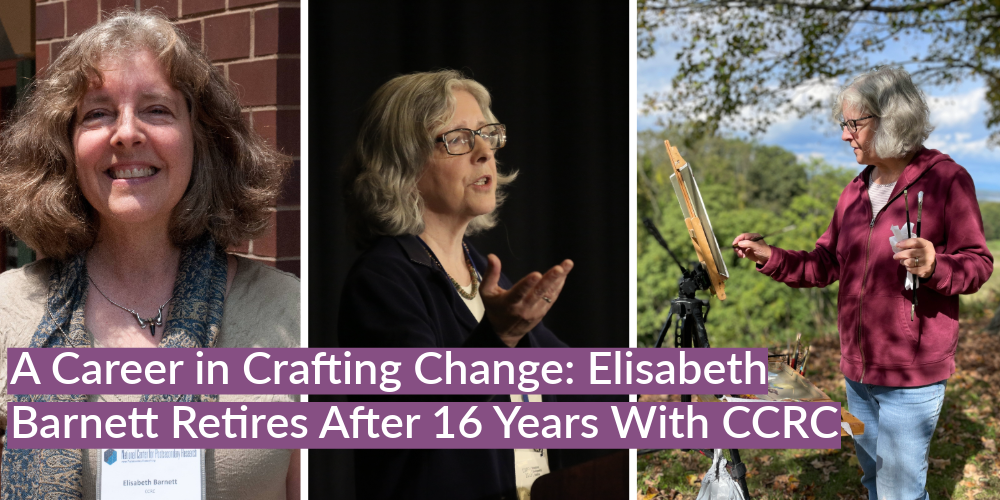From aspirations in international development to a stint in social services and finally to work in higher education research, Elisabeth Barnett’s career has prioritized social change.
“I was brought up to think I should change the world,” Barnett recalled.
The idea was a guiding influence for Barnett, who grew up on the Eastern Shore of Maryland and later in New Paltz, New York. Through that commitment, and admittedly a bit of chance, Barnett found herself in the world of higher education research. With more than 20 years of experience in the field—over 15 of which she spent at CCRC—Barnett stepped away from research and moved toward retirement last year.
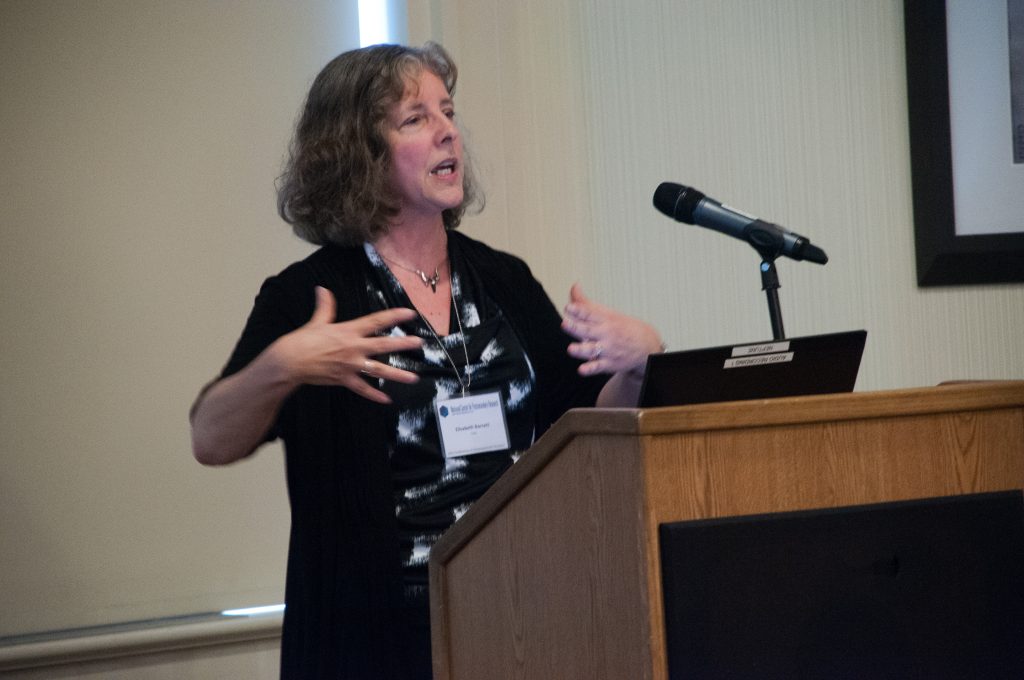
Barnett, who also served as the associate director of the National Center for Restructuring Education, Schools, and Teaching (NCREST) at Teachers College, contributed to CCRC projects that sought to understand and improve the transition from high school to college, including research on college readiness, students’ sense of belonging on campus, dual enrollment, and developmental education reform. In her time at CCRC, she authored 41 publications, including reports, briefs, working papers, and journal articles. Barnett’s body of work not only contributes to a larger conversation between high schools and colleges on ways they can work together to support student success but also underscores college access as a gateway to social mobility.
Barnett’s Early Career
Before pursuing research, Barnett held an array of jobs focused on exploring and improving social conditions, particularly for those in poverty. Influenced by prior travel to India and Mexico, Barnett set her sights on a career in international development soon after graduating high school. She obtained a bachelor’s degree in social and economic development and a master’s degree in international administration from the School for International Training in Brattleboro, Vermont in 1979 and entered the field eager to make a difference.
Barnett landed a year-long position in Guatemala with the humanitarian organization CARE, where she had interned in college. Her career also led her to Peru, where she worked in health and nutrition education services. But Barnett quickly realized that balancing her globe-trotting career ambitions with her personal life would prove difficult.
As a result, she pivoted to a career in U.S. social services. In the first half of her professional life, Barnett worked at a women’s shelter, with organizations providing health and nutrition education services, and with local chapters of well-known nonprofit organizations like Planned Parenthood and the Boys and Girls Club.
Then an advertisement for a position in the Office of Community College Research and Leadership at the University of Illinois Urbana-Champaign caught her eye.
“I stumbled into community college research,” Barnett said.
“Social services are really important—but it seemed like there would be an opportunity to help people get out of poverty through education,” Barnett added. “I felt that perhaps through education, you could give people opportunities to change their lives, rather than providing Band-Aids.”
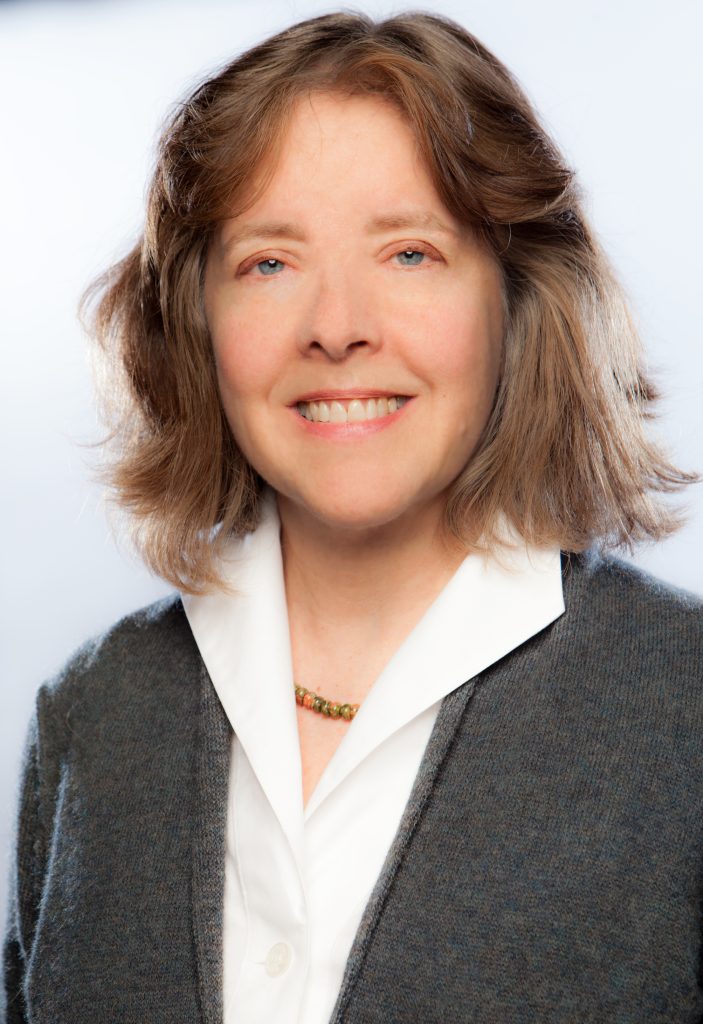
In her first research role at the University of Illinois, Barnett evaluated Tech Prep, a program that encouraged students to complete two years of high school coursework and two years of college coursework related to a specific career path in order to promote student persistence and success. The research aimed to help the programs become as effective as possible. Because of her background in social services, Barnett recognized the importance of keeping her research relevant and applicable.
“Theory is interesting when it helps you come up with more intelligent ways of thinking about things,” Barnett said. “But I wanted to make sure anything I did was going to be useful to the people who were running things.”
Barnett later decided to pursue her doctorate in order to learn more about research methods in the context of community colleges and higher education more generally. She graduated from the University of Illinois Urbana-Champaign in 2006 with her Ph.D. in educational organization and leadership/higher education and relocated to New York City, where she completed her dissertation on the role of faculty in promoting students’ sense of belonging and college persistence.
Barnett’s Time at CCRC
Barnett joined CCRC in 2007 and has since contributed to projects on improving the high-school-to-college transition, implementing holistic advising, and promoting students’ sense of belonging on campus through faculty and staff support. With a knack for identifying the root of complex issues and a dedication to keeping research grounded and practicable, Barnett helped lay the groundwork for developmental education reform through research on multiple measures assessment and influenced conversations between high schools and colleges on college readiness and the college transition.
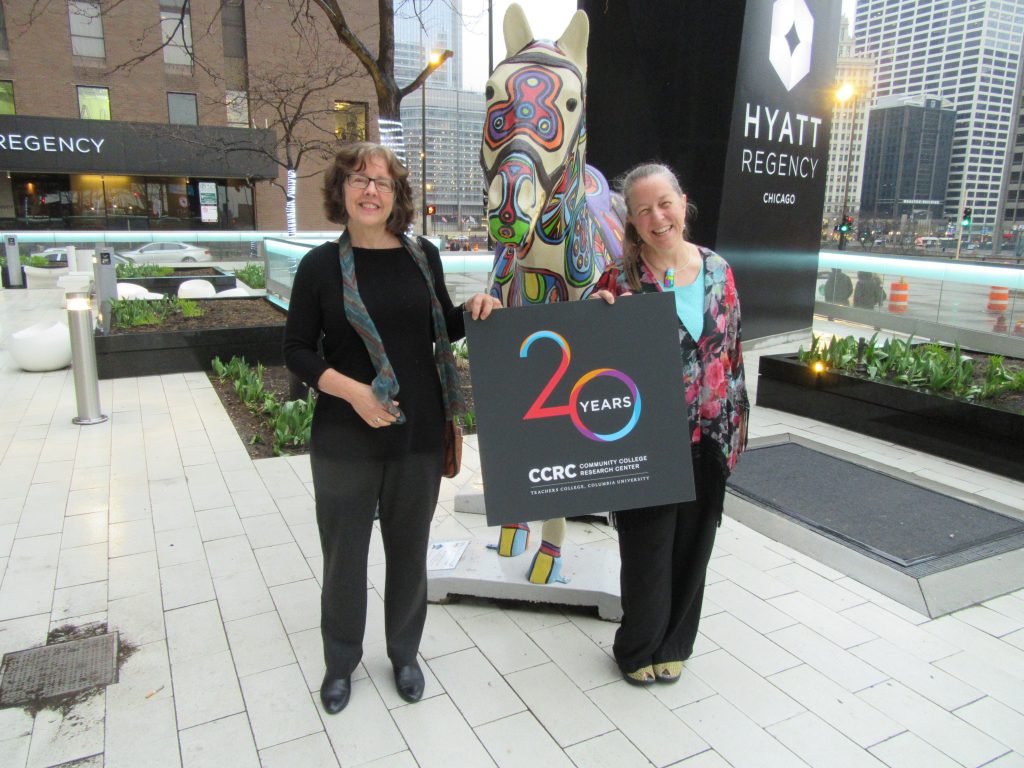
“I’m a huge supporter of community colleges because they do a lot of work to help people get out of poverty and work with people who have a variety of needs,” she said.
Barnett explained that she was drawn to transitional moments in people’s lives because of their potential to influence their trajectories. “I got really interested in the idea of connecting high school to college in a way that actually helps people to be successful, to actually meet their goals and get careers.”
Beginning in 2007, Barnett split her time between CCRC and NCREST, where she began working in 2004.
“NCREST’s projects were all about partnership, about doing research that’s immediately useful to people. But the downside? It’s typically useful to 30–100 people,” she explained. “I was interested in what CCRC was doing and reaching larger audiences and their specific concern with community colleges.”
When asked what kept her at CCRC for so long, she said, “Before CCRC, I had switched jobs every three years. CCRC just seemed like a good fit. I was really interested in the kinds of research that were going on; I felt like I was around people who were insanely smart and committed to community colleges; and I felt like I was learning so much from the discussions and the questions.”
Among her long list of accomplishments at CCRC, Barnett shared that she feels proud to have been a mentor to a number of bright young researchers.
“What I really appreciated about Elisabeth as a supervisor was that she gave me and other supervisees a lot of autonomy and supported my ideas,” said Maggie Fay, a senior research associate with CCRC. “When I was still pretty junior, she gave me an opportunity to lead a study. That early experience designing and leading a project was really valuable for me, and Elisabeth’s constructive feedback helped me improve as a researcher.”
Life After Research
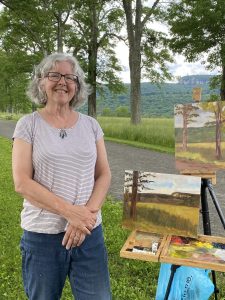
Barnett stepped away from her role at CCRC nearly one year ago, though she continues to consult on a project with the Education and Employment Research Center at Rutgers University. The project, led by a former CCRC staff member, focuses on improving career and technical training opportunities through micro-pathways, or short programs that are designed to equip students with credentials that prepare them for work in the local labor market. Barnett is also supporting students’ dissertations for the John E. Roueche Community College Leadership program at Kansas State University.
Retirement has given Barnett more time to paint, which she has been passionate about for nearly a decade. The recent retiree is now part of two art cooperatives in the Hudson Valley and, in addition to showing her work, attends workshops to continue improving her technique. Barnett also volunteers with environmental groups focused on reducing plastic use and has plans to write a book about women entering retirement.
“I was really worried about [retiring],” Barnett confessed. “My identity has come a lot from who I was as a researcher. But I’m enjoying it because I feel like for the first time in many years, I can breathe more deeply, take things slower, and choose how I want to use the day.”



